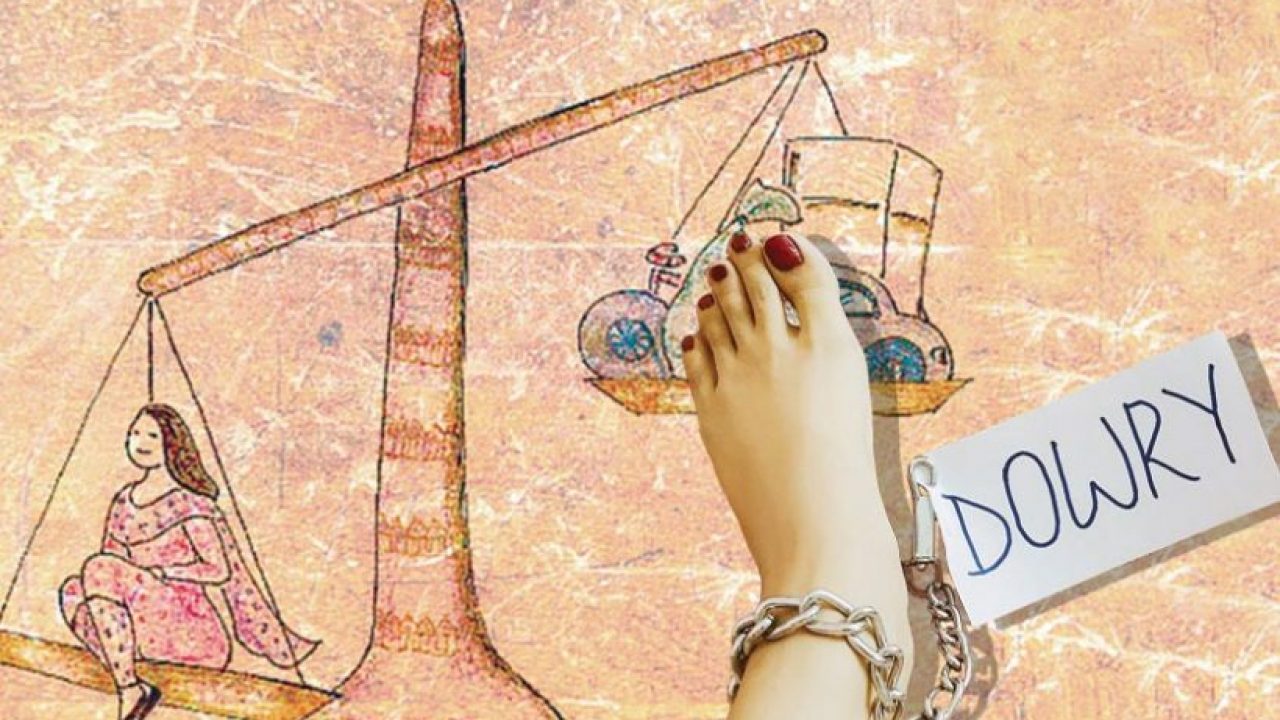The Punjab High Court on December 1st, 2022, in Sandeep Tomar v/s State of Punjab (CRA-S-5048-SB-2015(O&M), passed an order that on conviction of murder, the husband will not be entitled to retain the dowry articles. The judgement was presided by Honourable Mr. Justice M.S. Ramachandra Rao and Honourable Mrs. Justice Sukhvinder Kaur.
FACTS OF THE CASE:
The husband-appellant was convicted for the offence of murder of his wife by the Additional Sessions Judge. It was also contended that that deceased wife’s articles, her stridhan were to be returned to the deceased wife’s father, upon which, the appellant filed a complaint contesting that the articles under Section 15(1) of the Hindu Succession Act. Under this Act, after the death of the wife, her belonging are devolved to the children and husband. The deceased wife’s father held that after the solemnisation of marriage, the appellant husband and his family made numeral escape dowry demands, which after a point, he turned violent towards the deceased on non-fulfilment of the same. The wife passed not under normal circumstances and the Sessions Judge held the appellant-husband convicted the appellant under section 302 IPC it’s rigorous imprisonment of life and a fine of ₹10,000. The deceased father filed an application regarding the release of the articles given to the deceased at the time of her marriage, which was upheld by the court. The appellant contended against this under Section 15(1) of the Hindu Succession Act.
JUDGEMENT:
The Court held that although the appellant claimed to be the owner of the articles but there has emerged no proof of his ownership. Therefore, ground of ownership under Section 15 (1) cannot suffice. Also, the appellant had filed under Section 15 (1), regarding the passage of the property of the deceased wife, is in itself a proof that the appellant was never the owner in the first place.
The Court resorted to Article 6(3) of the Dowry Prohibition Act,1961 which reads as:
“Where the woman entitled to any property under sub-section (1) dies before receiving it, the heirs of the woman shall be entitled to claim it from the person holding it for the time being:-
[Provided that where such woman dies within seven years of her marriage, otherwise, than due to natural causes, such property shall-
(a) if she has no children, be transferred to her parents; or
(b) if she has children, be transferred to such children and
pending such transfer be held in trust for such children.”
The deceased had passed away within 7 years of the marriage and case fell within Section 6(3) of the Act. The court also referred to State by Belakavadi Police v/s Mallesha 2002(3) RCR (Criminal) 157, where it was held that dowry articles which changed hands at the time of the marriage to be restored the family of the deceased.
“PRIME LEGAL is a full-service law firm that has won a National Award and has more than 20 years of experience in an array of sectors and practice areas. Prime legal fall into a category of best law firm, best lawyer, best family lawyer, best divorce lawyer, best divorce law firm, best criminal lawyer, best criminal law firm, best consumer lawyer, best civil lawyer.”
JUDGEMENT REVIEWED BY ARYA THAKUR.


